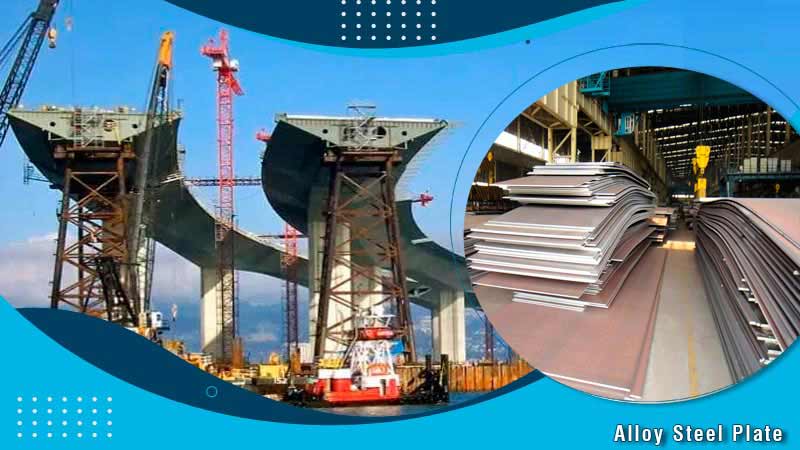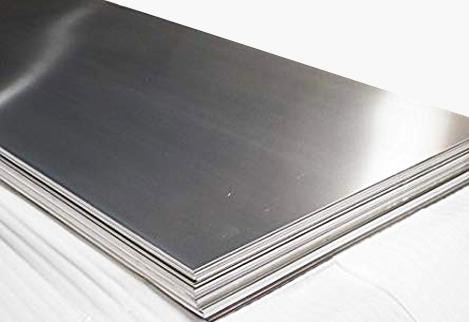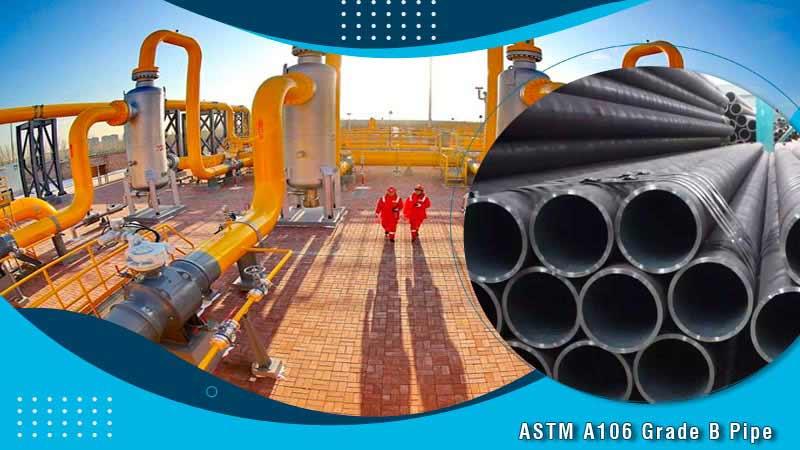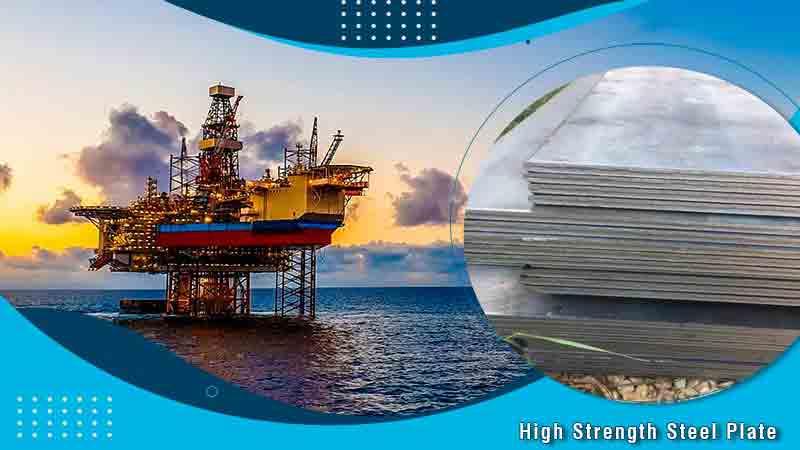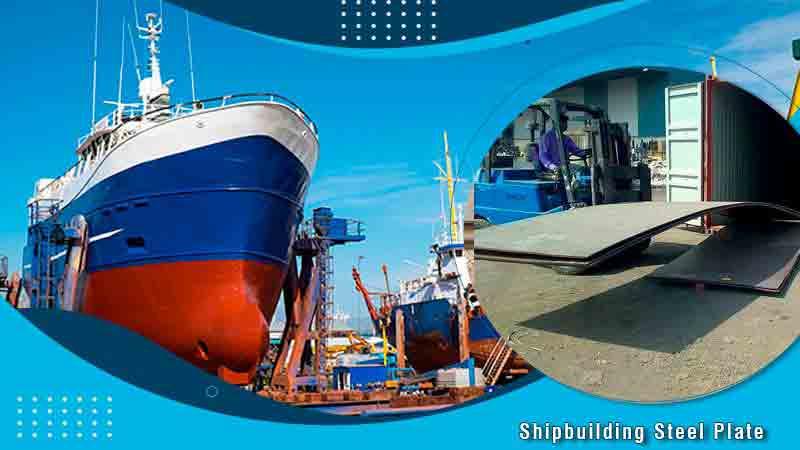Description
Product details
What Is Alloy Steel Plate ? The Alloy Steel Sheet has a wide range of applications across several industries due to its properties. It comes with high weldability and offers good resistance to corrosion. One of the best things about the Alloy Steel Plate is that they are much stronger than the conventional CS. They have a wide range of alloying elements in their chemical composition and come with a very smooth appearance. They are mostly used in heavy duty industries such as aerospace and automotive, however, they can also be found in petrochemical industries, chemical industries, etc. They are heat treatable and come with properties like high formability, ductility, and they require low maintenance. 4140 Vs 4130 Alloy Steel Sheet The 4140 alloy sheet contains 0.75-1.00% manganese and 0.38-0.43% carbon, whereas the 4130 alloy sheet has 0.40-0.60% manganese and 0.28-0.33% carbon. Due to this difference in their chemical properties, they have different mechanical properties too. The 4140 has increased hardenability and strength compared to the 4130 sheet. 4140 is also more wear resistant. However, due to less hardness, 4130 is much easier to weld. 4140 Vs 8620 Even Though the materials in the chemical composition of 4140 and 8620 are the same, they are present in varied quantities. The carbon content of 4140 steel is around 0.38-0.43%, whereas that of 8620 is 0.18-0.23%. This is why 8620 is harder than 4140 . The 4140 is mostly used for structural components whereas 8620 is used by various industries for light to medium stress components. 8620 has higher toughness and wear resistance. Carbon Steel Vs Low Alloy Steel Sheet The main difference between carbon and low alloy steel sheet is in their chemical composition, which is why they have different mechanical properties. The AS possesses a high percentage of alloying elements except iron and carbon, whereas for carbon alloy, it has low content of other elements and high content of carbon. This is why alloy steel can better resist corrosion whereas carbon is harder and has more strength/toughness. Carbon also has higher malleability and weldability. However, alloy is more ductile and costly. What Is Alloy Steel Plate Application ? The alloy steel plate is used in a wide range of applications in industries like chemicals, sugar mills, cement, paper, petrochemicals, oil and gas, pumps, and many more. Alloy Steel Plate Specification Specifications ASME SA387/ ASTM A387 Length 2440mm, 2000mm, 5800mm, 3000mm, 12000mm, 6000mm, 15000mm etc Thickness 1 to 300mm Width 1800mm,3500mm, 1000mm, 1500mm, 2500mm, 1219mm, 3000mm, 2000mm,4050mm etc Form Coils, Foils, Rolls, Plain Sheet, Shim Sheet, Strip Surface 2B, etching, NO.1, 2D, NO.8, mirror, NO.4, embossed, BA, 8K, checkered, Brush, hair line, sand blast Finish Hot rolled plate , Cold rolled sheet Sa 387 Plates Price Per Kg Description Price Alloy Steel Plate US $ 500-600 / Ton Alloy Die Tool Plate US $ 800-1500 / Ton High Strength Low Alloy Hot Rolled Iron Plate US $ 800-1000 / Ton Alloy Steel Liner Plate US $ 800-1300 / Ton Alloy Structural Plate US $ 600-800 / Ton Low-Alloy and High-Strength Plate US $ 600-1000 / Ton Hot Rolled Iron/Alloy Plate US $ 550-680 / Ton Alloy Steel Plate Grades SA 387 Gr 12 Plate SA 387 Gr 9 Plate SA 387 Gr 5 Plate SA 387 Gr 11 Plate 4340 Steel Plate SA 387 Gr 91 Plate SA 387 Gr 22 Plate 4140 Steel Plate Trusted Alloy Steel Plates Suppliers In Mumbai, keep full range of Chromoly Steel Plate in its many shapes, forms and grades like 4130, 4150.8620 Most Popular Types Of Chromoly Sheet 8620 Steel Plate Chromoly Steel Plate Chromoly Sheet 4130 Chromoly Plate Alloy Steel Plate Alloy Steel Sheet


